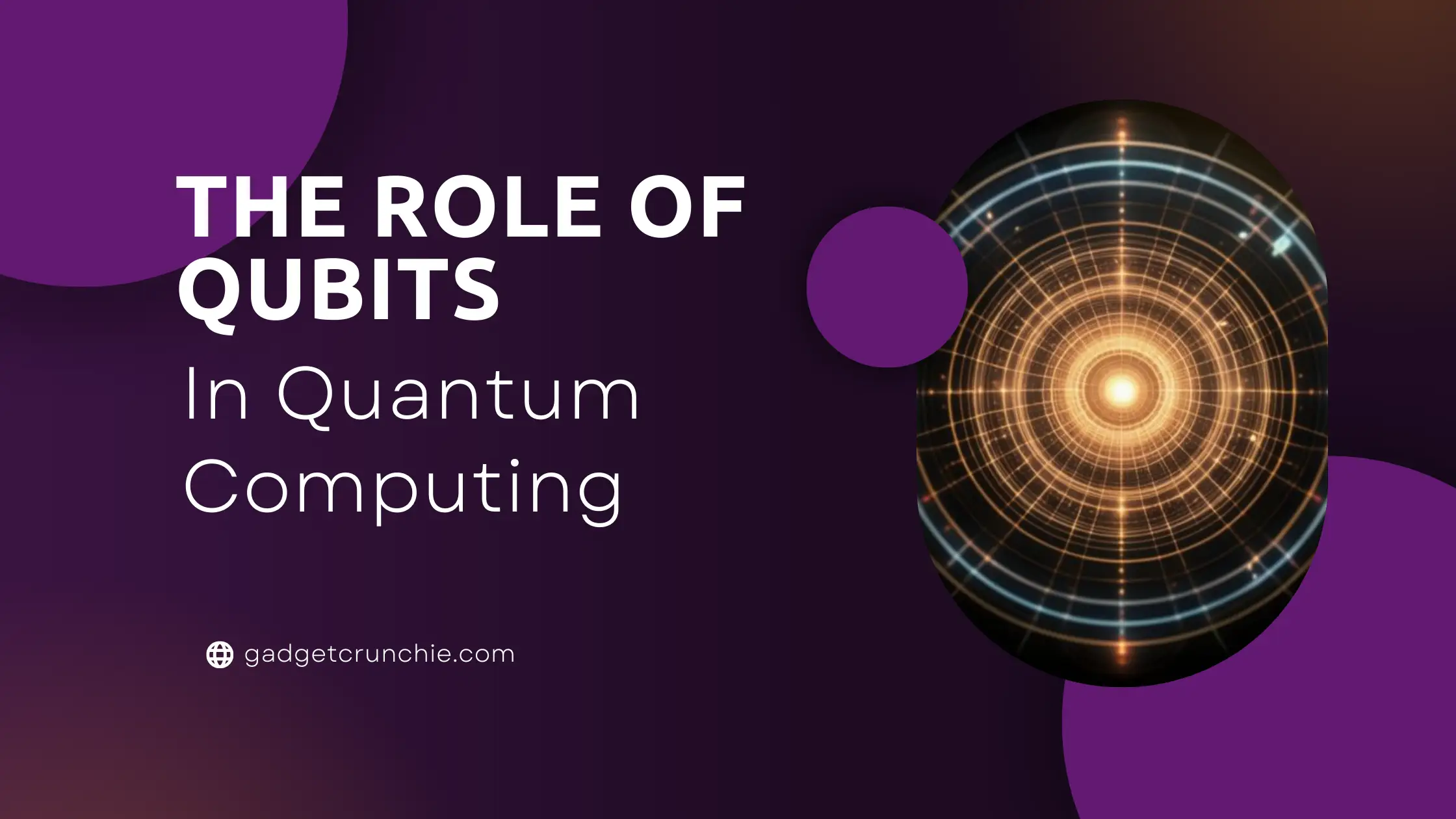The Role of Qubits in Quantum Computing

The role of Qubits in Quantum computing, a revolutionary field at the intersection of physics and computer science, has garnered immense interest for its potential to solve complex problems exponentially faster than classical computers. At the heart of quantum computing lies the qubit – a fundamental unit of quantum information that leverages the unique principles of superposition and entanglement. This article explores the role of qubits, their properties, applications, and implications for the future of computing technology.
Introduction to The Role of Qubits in Quantum Computing
Definition and Principles
Quantum computing uses quantum-mechanical phenomena to perform operations on data, tapping into superposition and entanglement to process information and solve complex problems.
Historical Background
The concept dates back to the early 1980s when Richard Feynman and David Deutsch laid the foundations. Since then, progress has accelerated with researchers and companies unlocking the potential of this technology.
Read more about this topic.
Understanding Qubits in Quantum Computing
Classical Bits vs. Quantum Bits
While classical bits are 0 or 1, qubits can exist in multiple states simultaneously, allowing massive data processing at unprecedented speeds.
Qubit States: Superposition and Entanglement
Superposition allows a qubit to be both 0 and 1 until observed, while entanglement links qubits so that their states correlate, regardless of distance.
Exploring Entanglement
Quantum Gates and Quantum Circuits
Quantum gates manipulate qubits, and by combining gates in sequences, quantum circuits perform complex computations.
Basic Quantum Gates
Quantum gates act as tools to flip or entangle qubits, forming the building blocks of quantum operations.
Quantum Algorithms and Applications
Shor's Algorithm for Factoring
Shor’s Algorithm can factor large numbers quickly, posing challenges for classical encryption and revolutionizing cybersecurity.
Challenges and Future of Quantum Computing
Noise and Error Correction
Errors in quantum calculations require advanced error correction and fault-tolerant systems to unlock the potential of quantum computing.
Quantum Computing vs. Classical Computing
Speed and Efficiency Comparison
Quantum computers solve complex problems faster than classical computers, offering greater efficiency for advanced tasks.
Watch video content more about this topic.
Ethical Implications of Quantum Computing
Data Security and Privacy Concerns
Quantum computing raises both opportunities and concerns for data security. Balancing encryption and ethical usage is crucial.
Societal Impact and Accessibility
Quantum technology’s societal impact involves accessibility, education, equity, and ethical considerations in a quantum-driven world.
Frequently Asked Questions
1. What are qubits?
Qubits are quantum units of information that can exist in multiple states simultaneously, enabling faster computations than classical bits.
2. How does superposition help quantum computing?
Superposition allows qubits to hold multiple values at once, drastically increasing computational power for certain problems.
3. What is quantum entanglement?
Entanglement is a phenomenon where qubits are linked so that the state of one affects the state of another, no matter the distance.
4. Are quantum computers replacing classical computers?
Quantum computers complement rather than replace classical computers, tackling problems that are infeasible for traditional machines.